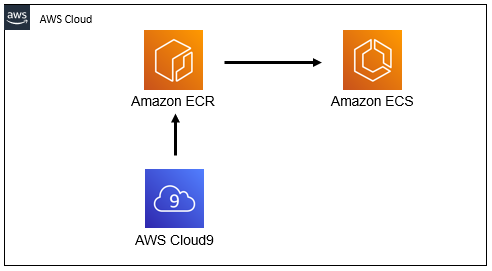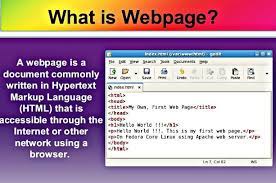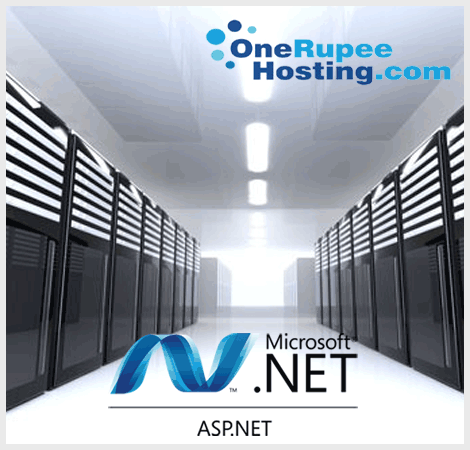
A web server can be described as a device that offers services to other devices. These services enable programs to connect to the device. For example, a person who wants to watch Netflix shows on their computer will run an app that connects to a network of Netflix servers. Once the app has connected to the network, it will start a local program and use the Netflix service.
HTTP
Web servers are software applications that offer a service to web users. A request is sent by the web browser to the web servers, which return the requested document as an HTML webpage. Sometimes, the client can also choose to download the resource or open it in its native application. An HTTP server (also known as a web server) is a computer specially designed for this purpose.

Processor
The processor is an integral piece of your webserver, and it allows you manage multiple tasks simultaneously. It's responsible for processing all client requests. The processor of your server is an electronic circuit that receives instructions from clients and generates output. This unit can be either a single chip (or a multicore one). Different tasks that require high CPU processing power can be handled by different processors. This helps spread the processing demands of multiple processes, improving performance.
Router
To send data between devices in a network, routers are used together. These devices can be computers, scanners, or printers. They connect to Internet using a modem. The routers assign each of them local IP addresses. This helps to prevent loss of information during transmission.
File system
A filesystem is a system of naming and storing files. Operating systems use file systems to store and manage data. File systems allow data access and security to be managed.
Gateway interfaces
For routing requests to Python frameworks, and other web applications, web server can use simple calling conventions known as gateway interfaces. These interfaces will be described by Python Enhancement Proposal 333.

Headers of messages
HTTP headers contain information sent to a webserver before it processes a response or request. They include the type and length of the response body as well as the encoding and the location. In addition, they specify whether the response should be sent in a different location, if applicable.
FAQ
How much does it cost to build a website?
The answer to that question depends on the purpose of your website. Google Sites may not be required if you simply want to provide information about yourself or your company.
But if your goal is to attract visitors to a website, it's likely that you'll need to invest in something more robust.
A Content Management System (like WordPress), is the most popular option. These programs enable you to create a website in no time. The sites are hosted by third-party businesses, so there is no risk of your site being hacked.
Squarespace, a web design service, is another option. You can choose from a range of plans, ranging in price from $5 to $100 per monthly depending on what you need.
What is the cost of creating an ecommerce website?
It all depends on what platform you have and whether or not you hire a freelancer. The average eCommerce site starts at $1,000.
Once you've chosen a platform you can expect to pay $500-$10,000.
The average cost of a template will not exceed $5,000. This includes any customizing you do to your brand.
How to create a static website
There are two options available to you when building your first static website.
-
Using a Content Management System (a.k.a. WordPress: This software can be downloaded and installed on your computer. This software can then be used to create an indispensable website.
-
Create a static HTML website: You'll need to code your HTML/CSS code. If you have a good understanding of HTML, this is not difficult.
A professional may be able to help you create a large website.
But starting, you should probably go with option 2.
Statistics
- The average website user will read about 20% of the text on any given page, so it's crucial to entice them with an appropriate vibe. (websitebuilderexpert.com)
- It enables you to sell your music directly on your website and keep 100% of the profits. (wix.com)
- In fact, according to Color Matters, a signature color can boost brand recognition by 80%. There's a lot of psychology behind people's perception of color, so it's important to understand how it's used with your industry. (websitebuilderexpert.com)
- It's estimated that in 2022, over 2.14 billion people will purchase goods and services online. (wix.com)
- Studies show that 77% of satisfied customers will recommend your business or service to a friend after having a positive experience. (wix.com)
External Links
How To
How can you tell which CMS is better?
Two types of Content Management System are available. Web Designers typically use static HTML and dynamic CMS. The most popular CMS is WordPress. Joomla is the best CMS for professional looking websites. The powerful, open-source CMS Joomla allows you to build any website design with no coding skills. It's simple to install and configure. You don't need to hire a developer to set up your site because Joomla comes with thousands of ready-made templates and extensions. Joomla is free to download. There are many benefits of choosing Joomla for your project.
Joomla is a powerful tool which allows you to easily manage every aspect your website. It provides features such as a drag & drop editor, multiple template support, image manager, blog management, a news feed, eCommerce, etc. All these features make Joomla a good choice for anyone who wants to build their website without spending hours learning how to code.
Joomla supports all devices. It is easy to build websites for different platforms.
There are many reasons that Joomla is preferable to WordPress. Some of them include:
-
Joomla is Open Source Software
-
It is easy to install and configure
-
Thousands of Ready-Made Templates and Extensions
-
Download and use this free software
-
All Devices are supported
-
These powerful features are available
-
Good Support Community
-
Very Secure
-
Flexible
-
Highly customizable
-
Multi-Lingual
-
SEO Friendly
-
Responsive
-
Social Media Integration
-
Mobile Optimized